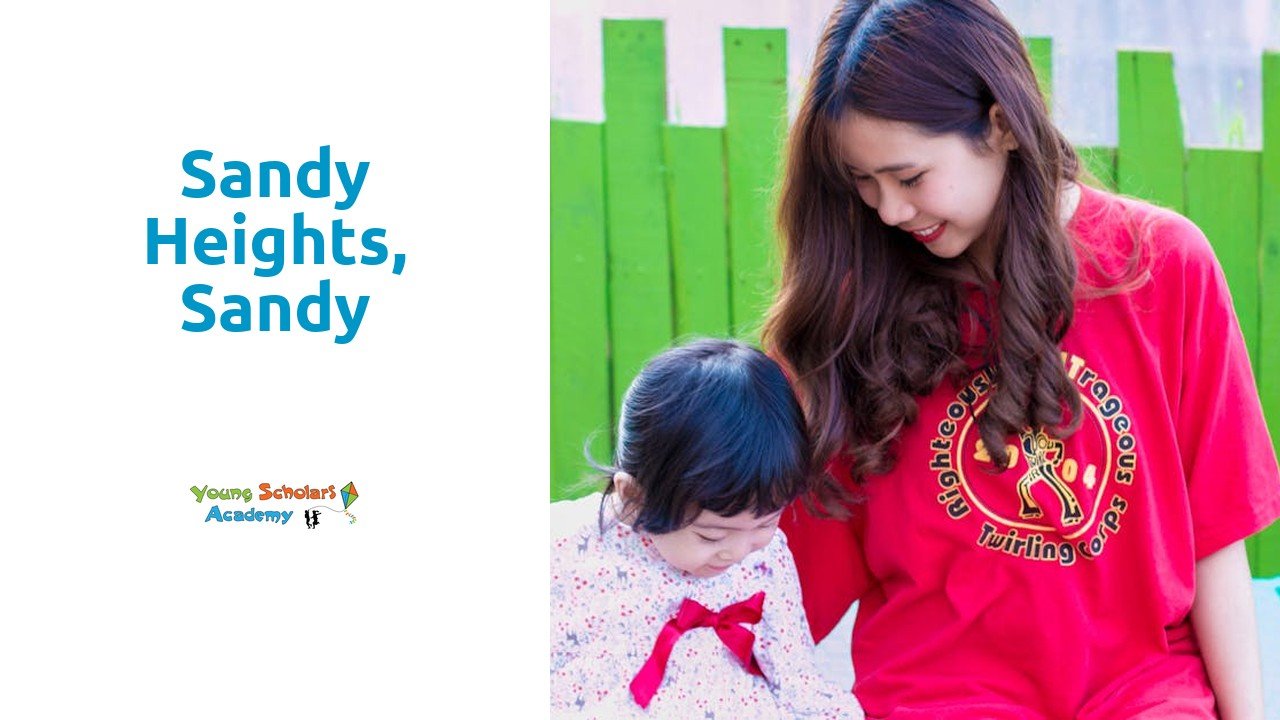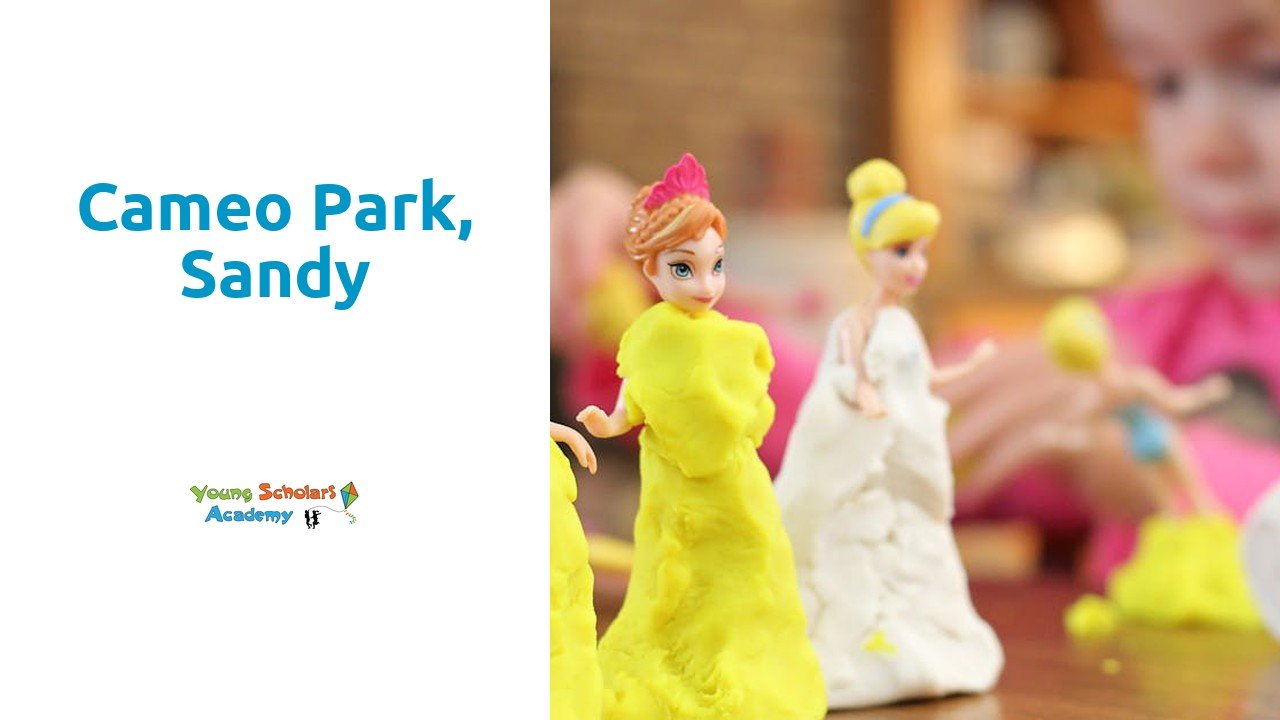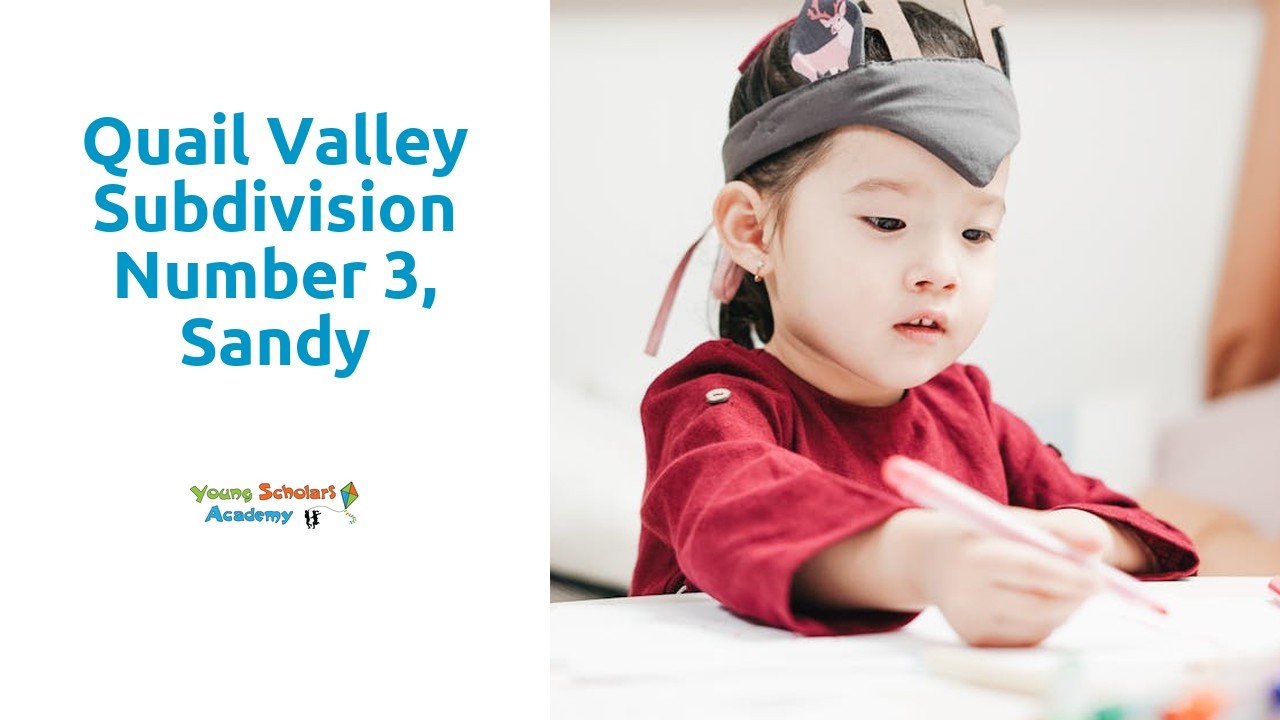Choosing the Right Preschool in Utah
When it comes to selecting the right preschool in Utah, parents often face a myriad of options. Consider important factors such as location, cost, curriculum, and staff qualifications. For instance, the Fine and Gross Motor Skills Development program at Hidden Valley Hills in Sandy might align perfectly with your child’s needs and interests.
Take the time to visit potential preschools to observe the learning environments, interact with teachers, and inquire about the daily routines. By actively engaging in this process, parents can make informed decisions that benefit their child’s early education. Selecting a preschool that prioritizes your child’s growth and development, such as the program at Hidden Valley Hills, can set a strong foundation for their future academic success.
Factors to Consider When Selecting a Preschool
When selecting a preschool for your child in Utah, it is crucial to consider various factors to ensure they receive the best possible early education. One important aspect to evaluate is the preschool’s approach to fostering your child’s development, both academically and socially. Fine and Gross Motor Skills Development at Candlelite Corner in Sandy is an essential component to look for in a preschool, as it indicates a well-rounded focus on physical capabilities that are vital for a child’s overall growth and coordination.
Another key factor to consider when choosing a preschool is the qualifications and experience of the teachers and staff. Highly trained educators who are passionate about working with young children can make a significant difference in your child’s preschool experience. At Candlelite Corner in Sandy, the dedication of the teachers to creating a nurturing and stimulating environment can greatly impact your child’s early learning journey.
Parental Involvement in Preschool Education
Parents play a crucial role in the educational journey of their children, especially during the preschool years. Close involvement with a child’s preschool education can have a significant impact on their overall development. By actively participating in their child’s learning experiences, parents can better understand their strengths, weaknesses, and interests, thus aiding teachers in catering to each child’s individual needs. Through activities such as reading to their child, reviewing and reinforcing concepts taught in school, and engaging in educational play at home, parents can reinforce classroom learning and foster a love for learning in their child.
Moreover, by being actively involved in their child’s preschool education, parents can also help support the development of fine and gross motor skills. From engaging in sensory activities and outdoor play to participating in interactive exercises at home, parents can contribute to their child’s physical development. By supporting programs that focus on Fine and Gross Motor Skills Development Little Cottonwood East, Sandy, parents can aid in developing their child’s motor coordination, strength, and overall physical well-being. This parental involvement not only enhances a child’s physical growth but also strengthens the parent-child bond through shared experiences and quality time spent together.
Importance of Parental Engagement in Preschool
Active parental engagement is crucial for the success of children in preschool. Parents play a pivotal role in supporting and promoting their child’s learning and development during the crucial early years. By being involved in their child’s preschool education, parents can create a strong foundation for academic success in the future. Fine and Gross Motor Skills Development Quail Point, Sandy, emphasizes the significance of parental participation in shaping a child’s overall growth and development.
When parents actively participate in preschool activities, they not only reinforce the concepts learned in school but also foster a sense of continuity between home and school environments. This continuity can enhance a child’s learning experience and help them feel more supported and secure in their educational journey. Moreover, parental engagement in preschool can lead to improved communication between parents and educators, creating a collaborative relationship that benefits the child’s academic progress and social-emotional development.
Curriculum Standards for Preschools in Utah
Preschools in Utah are required to adhere to specific curriculum standards that ensure children receive a quality early education. These standards cover various aspects of a child’s development, including cognitive, social, emotional, and physical skills. The curriculum aims to provide a well-rounded educational experience that prepares children for elementary school while fostering their love for learning. Fine and Gross Motor Skills Development Cedar Terrace, Sandy play a crucial role in the curriculum, as they are essential for children’s physical growth and coordination. Through age-appropriate activities and exercises, children can enhance their motor skills, which are crucial for their overall development.
Educational Requirements for Preschool Programs
Preschool programs in Utah are required to adhere to specific educational standards to ensure children receive a comprehensive learning experience. These standards encompass various aspects such as promoting socio-emotional development, fostering cognitive skills, and enhancing fine and gross motor skills. For instance, at Summer Oaks Twin Homes in Sandy, educators focus on providing a stimulating environment where children can actively engage in activities that support their physical development.
In addition to physical development, preschool programs in Utah also emphasize cognitive growth through age-appropriate activities and curriculum. Educators at Summer Oaks Twin Homes in Sandy are trained to facilitate learning experiences that promote language development, numeracy skills, and problem-solving abilities among preschoolers. By integrating play-based learning approaches into the curriculum, children are encouraged to explore and learn in a supportive setting that nurtures their intellectual curiosity.
FAQS
At what age does preschool typically start in Utah?
Preschool in Utah usually starts around age 3 or 4, although some programs may accept children as young as 2 years old.
Are there specific eligibility requirements for enrolling a child in preschool in Utah?
While age requirements may vary slightly between preschools in Utah, most programs require children to be at least 3 years old and potty-trained.
What are the benefits of enrolling a child in preschool at an early age in Utah?
Enrolling a child in preschool at an early age in Utah can help them develop social skills, improve their cognitive abilities, and prepare them for kindergarten.
How can parents in Utah determine which preschool is the right fit for their child?
Parents in Utah can research different preschools, visit the facilities, and ask about the curriculum, teacher qualifications, and opportunities for parental involvement to determine the best fit for their child.
Are there financial assistance programs available for preschool education in Utah?
Yes, there are various financial assistance programs available in Utah to help families cover the cost of preschool, including state-funded programs and scholarships based on income eligibility.






